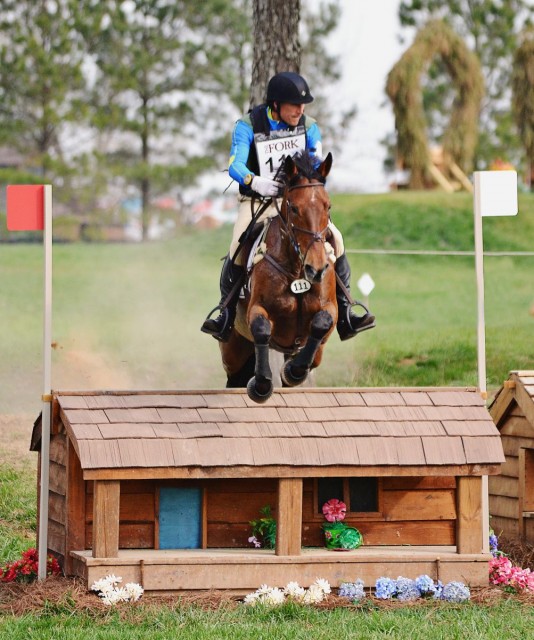Practical Horseman writer Elaine Pascoe teamed up with eventer and equine vet Kevin Keane for a noteworthy article on various soundness issues that pose a threat to event horses in particular. This is a great read, and it’s a handy resource to have available when managing your own horses.
Several factors elevate the risk factor for event horses, Dr. Keane emphasizes in the article. Footing is one such variable that can affect an event horse’s soundness. “Horses in most disciplines today compete on all-weather, prepared footing, but that’s not the case in eventing,” Kevin says in the article.
Other factors such as the length of the competition season and the frequency of competition can also play into an event horse’s overall soundness. With the boosting of qualification criteria, some horses and riders are having to compete more in order to obtain approval to move up to the next level.
Event riders plan their competition calendars well in advance, often mapping out an entire year’s worth of competitions, with these things in mind. Of course, horses rarely stick to plans, so the competition season is always written in pencil.
Kevin goes on to explain what to look for and what to do about specific examples of soundness issues. He also gives advice on how to promote soundness in your horse, starting with building a solid foundation of fitness for your horse. As with human fitness, fatigue increases the risk factor for injury, so having a fit horse is one of the first steps to having a sound horse.
“Frequent evaluations – jogging to detect mild lameness, palpation to detect heat, sensitivity and swelling – are critical. You want to back off at the first hint of trouble,” Kevin says in conclusion.
Being proactive and educated is the first step to effectively managing soundness. There’s much more information in the article, available now on Practical Horseman’s website. Many thanks to Elaine, Kevin, and Practical Horseman for a great educational article!




















